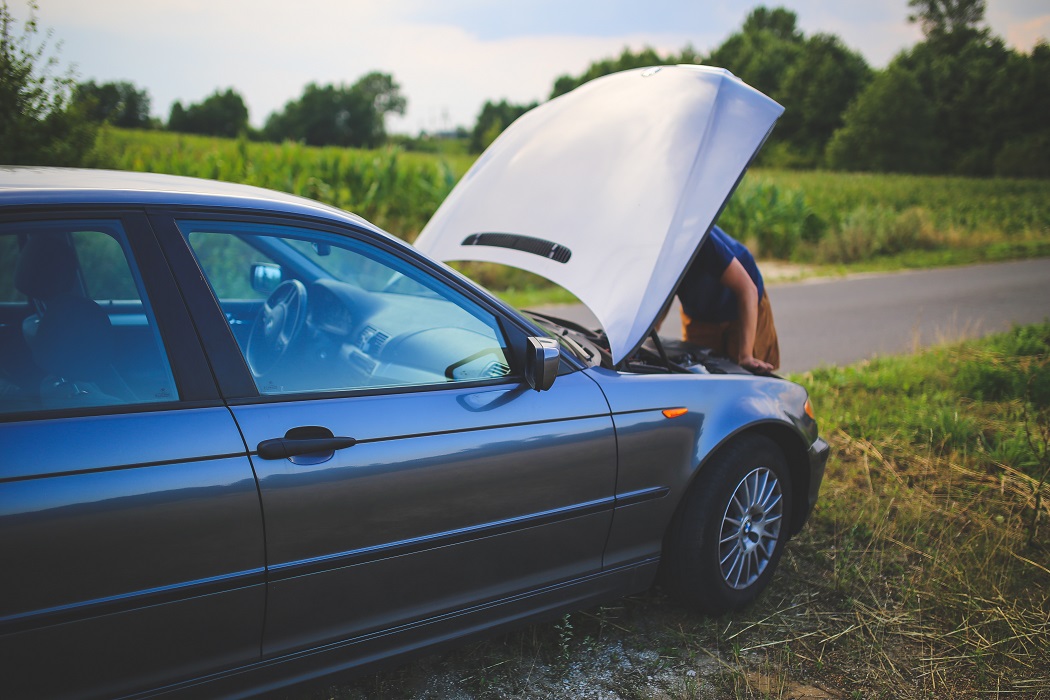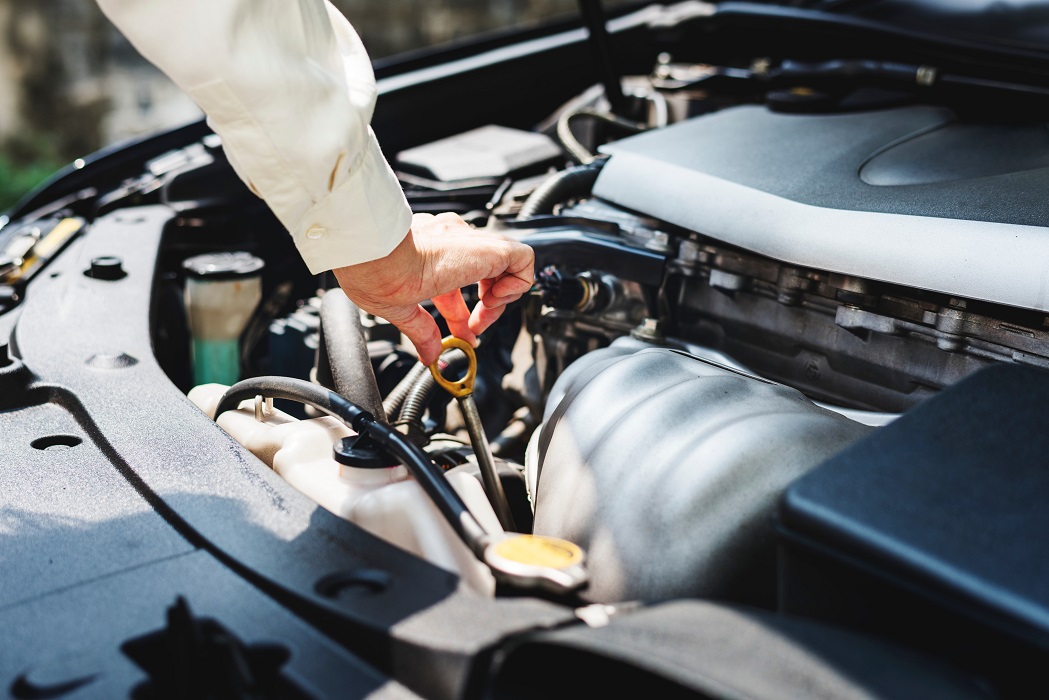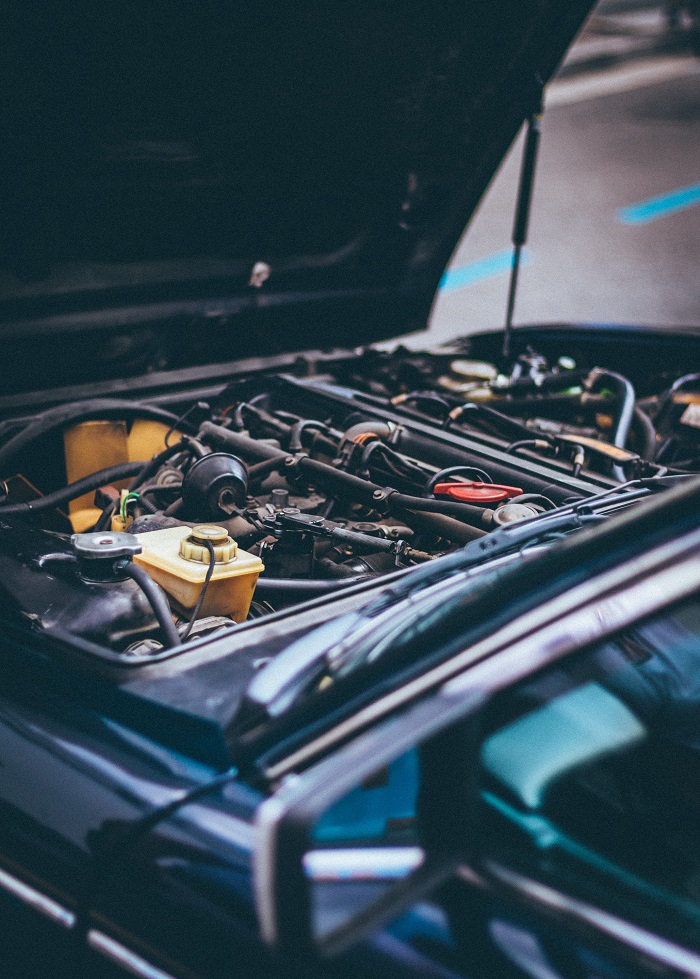
Although in many people’s opinion car maintenance interventions are only a waste of money, in reality, these small tricks will help them save generous amounts of money, in the long run. Small interventions like an oil and filter change can prologue the life of your engine and will help you ensure your car doesn’t break down unexpectedly when you need it the most. The tips and tricks below will help you save significant amounts of money in 2019, and beyond!
Take it easy during the break-in period
If you are the happy owner of a new car, how you treat it, in the beginning, will make a difference in the long run. The break-in period is important when purchasing a brand-new vehicle. To make the most of yours and ensure it works flawlessly for longer, follow the pieces of advice below.
- Keep the speed under 55 mph during the first 1,000 miles. Alternatively, check the owner’s manual and see which are the instructions provided for your brand and model.
- Avoid the transportation of heavy loads. This will help you preserve your vehicle in impeccable condition for longer.
- Don’t let your car sit for too long, especially during the break-in period. The oil running through the engine will reach all important parts and components. This a generally good piece of advice for the health of all vehicles.
- Keep the engine below 3,000 for the first hours of driving and be light on the acceleration. This will help your vehicle behave better in the future.
Drive carefully on a daily basis
Well, the pieces of advice above are especially valuable during the break-in period, but nothing should stop you from following them after that interval. Treat your car gently. Although it being a massive pieces of engineering, your car is sensitive and it can be damaged quite easily by imprudent driving. Behave properly with your vehicle, and you will be rewarded with more hours of use without repairs.
- Try to avoid racing your car’s engine during start-up. This is a sure way to erase years of your engine’s life. Especially if it’s cold outside, drive your car slowly until the engine warms up.
- When you start driving, accelerate slowly until your engine is warm and ready to handle higher speeds.
- If you are used to warming your car engine idle in the driveway, you should know this is a bad idea. By letting your engine arm up idle in the driveway, it doesn’t reach the peak of the combustion temperature, and you will have to deal with incomplete fuel combustion. In the long run, this leads to engine damage and shaves off years of your engine’s life.
- Shift to neutral at light stops, whether you’re driving manual or automatic. If you don’t, the engine will still work to push the car forward, although you are preventing the movement.
- When it’s very hot or cold outside, avoid sudden accelerations. This will make you visit the car shop more frequently than you would like.
- To extend the life of your tires, drive carefully. There isn’t a clear guideline to prevent tire wear, but driving carefully is a great piece of advice! Avoid sudden stops, starts and turns, and your tires will last longer than you expect.
- Avoid keeping your steering wheel in extreme positions, like extreme left and extreme right. This will put a lot of strain on your steering system, and it will be more likely to break down unexpectedly.
- Drive carefully when driving on short distances. A short trip to the neighbourhood shop will wear your engine more than longer distances.
Only buy top-notch gas
When buying gas, ensure that the gas station has well-established rules and regulations about filtering the gas and changing filters regularly. If you shop from gas stations with lax regulations, your engine’s life span will be reduced dramatically. Avoid at all costs gas stations without pump filters. Shop around, and see which one has the best gas filter policy. While filtered gas might be a tad more expensive, it’s worth the hassle, in the long run.
Maintenance, maintenance, maintenance
We couldn’t be clearer: car maintenance is important. Don’t skip maintenance appointments as this might endanger the life of your car’s engine, suspension, steering, and even your own life. Keep up with oil changes and filter changes. This will help you save thousands, in the long run. Other car parts that must be carefully inspected periodically are your timing belt, your brakes, and so on. If a replacement is advised, you shouldn’t delay it. This might turn into a huge, costly mistake for you and your car.
Treat your car gently when being stuck
When stuck in snow or mod, specialists recommend taking everything easily. If not, you might damage the well-being of expensive components. To get out easily from a sticky situation, rock gently backward and forward. If your car doesn’t seem to get unstuck no matter how much you insist, call a professional towing service. If you ignore this piece of advice, you will end up damaging your breaks, clutches, transmission, and differentials. In the long run, it will be more affordable to call a tow truck than paying for expensive repair bills.
A light key chain can go a long way
If you’re like the next person and prefer keeping a key chain full of keys, switch to a lighter one. The weight of a heavy key chain and the bumping and bouncing while driving will eventually wear out the tumblers inside the ignition switch. If you weren’t aware until now, this is a costly repair. If you can avoid this, better do it.
Keep an auto log
We mentioned previously how keeping up with your car’s maintenance interventions will help you decrease the overall costs associated with owning a car. But keeping a car log with your gas fill-ups and mileage is also a smart decision. Keep the log inside your glove compartment, and if you notice that your gas mileage is becoming shorter, call your service man or mention it during your next car shop visit.

